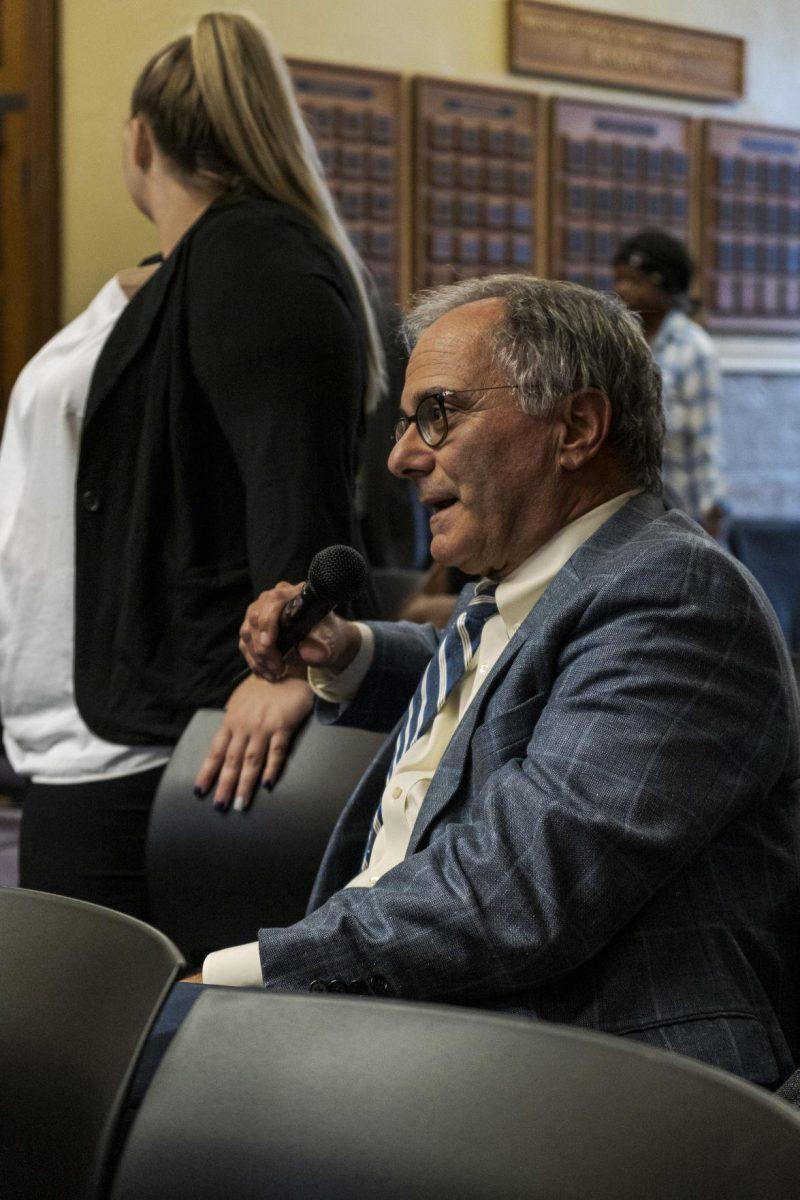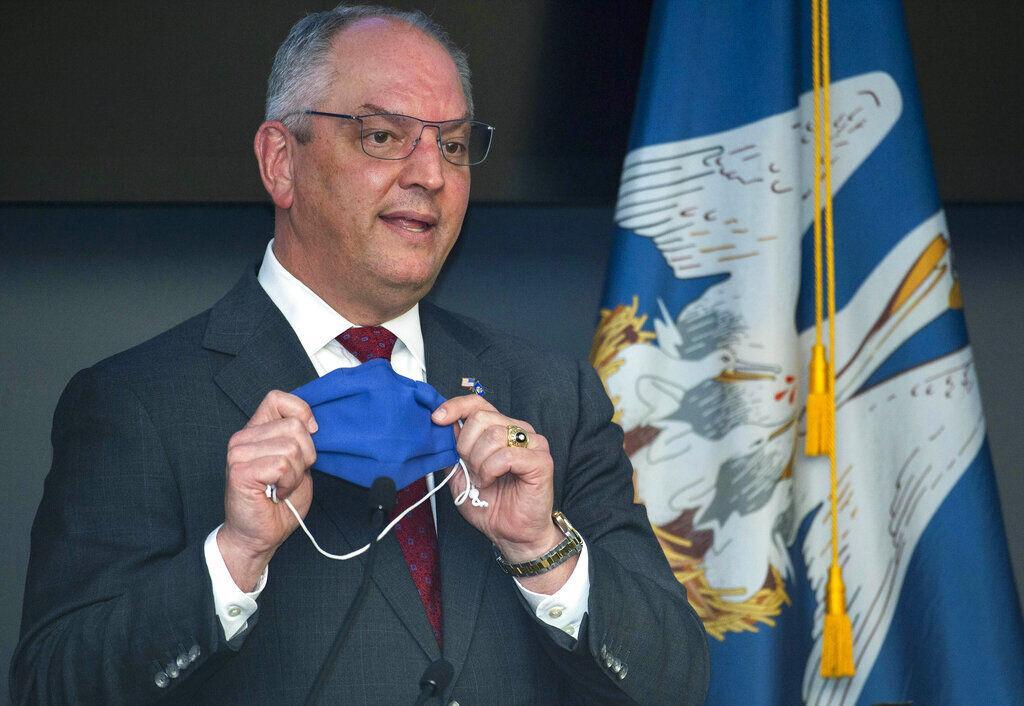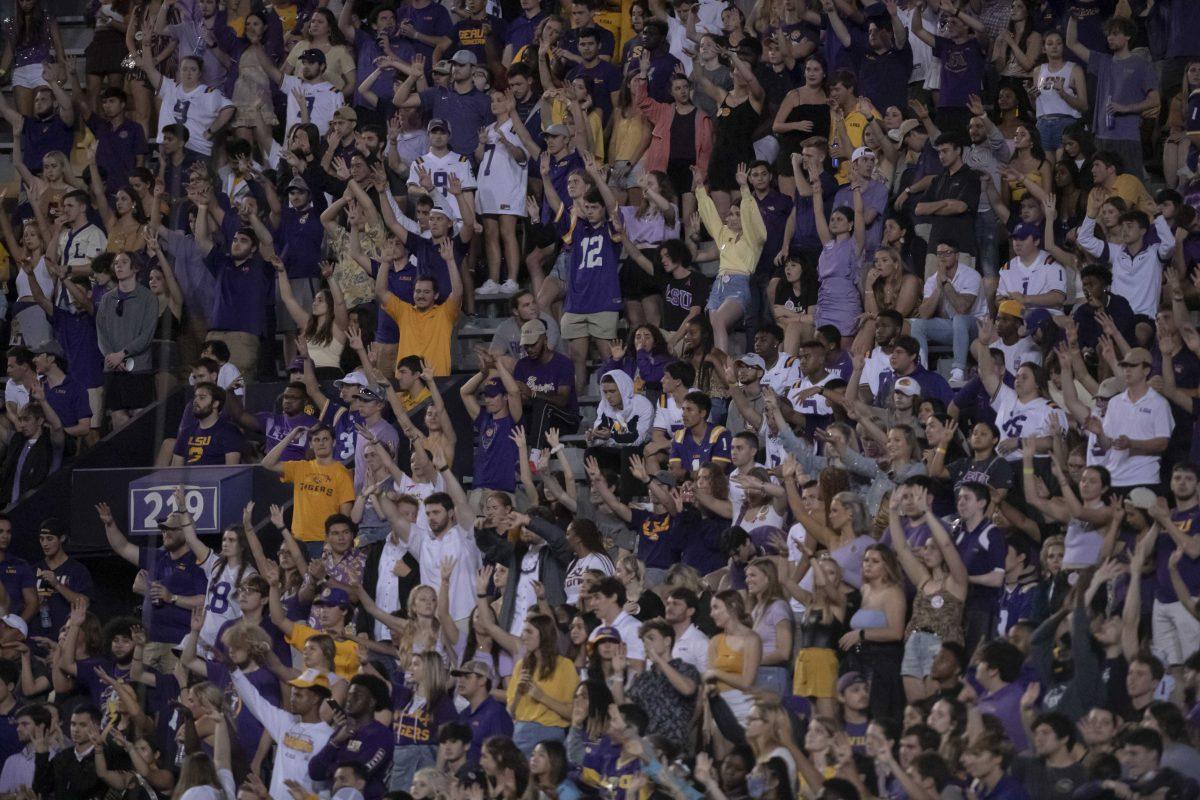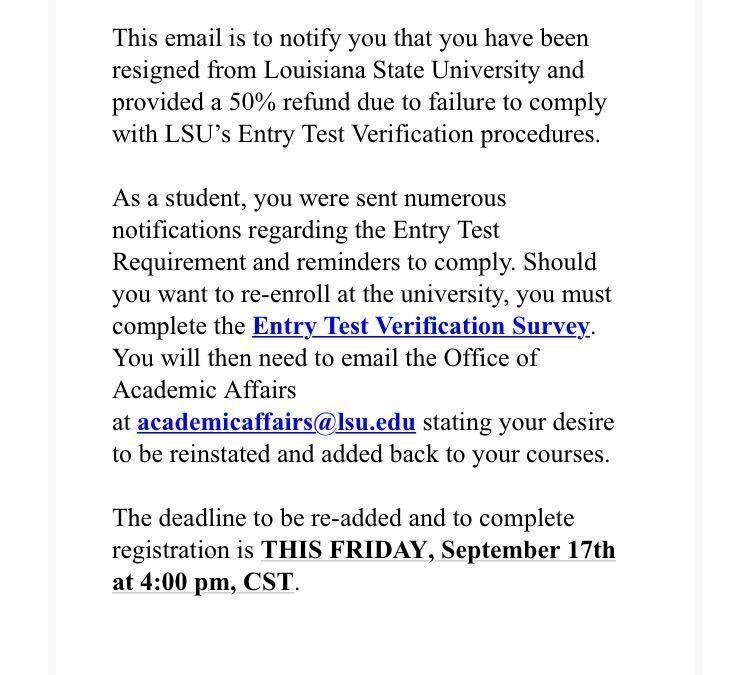BATON ROUGE–Circulation of misinformation about the coronavirus and other fake news is a threat to social-media consumers worldwide, but one LSU professor is leading a team of students to educate the public through a website.
Leonard Apcar, a professor at LSU’s Manship School of Mass Communication, founded detectfakenews.com, a site designed to inform audiences about the dangers of fake news and offer tools to identify it, including misinformation surrounding COVID-19.
According to the website, identifying fake news involves checking the quotes, images, attribution, sources, bias and a website’s URL address. Apcar says media consumers should look for independent and corroborated reporting.
The site posts articles that identify fake items, and Apcar and his students update followers via a Twitter account, @detectfakenews.
One of the stories, by a French news agency, describes how social media accounts linked to Russia have launched a coordinated campaign to spread panic about the coronavirus through fake news. The article says that the Russian accounts are spreading conspiracies that the United States was behind the COVID-19 outbreak.
Some posts say that the virus was manufactured by the CIA to disrupt China’s economy, while others falsely blame the charitable foundation led by Microsoft co-founder Bill Gates for spreading it.
The LSU site also includes an article from the Washington Post, in which a State Department official blames Russia for spreading the misinformation, and an article from the New York Times about Britain’s efforts to combat coronavirus disinformation.
“The best way to guard against this is, first of all, to read the story,” Apcar said. “Too many people read headlines and just pass along stories, both true and false.”
The site originated after the 2016 presidential election when a group of LSU students traveled with Apcar to a conference where fake news, media distortion and manipulation were discussed.
Apcar said the site aims to aggregate research, news, analysis and video so that viewers and voters can learn how to protect themselves from fake news. No other site is gathering all of that in one place.
The website also focuses on politics, citing federal reports that the Russian government “waged cyberware to distract, influence and meddle” in the 2016 election. It also shows fake stories written by people simply trying to make money off them, such as one that circulated that year that said the Pope had endorsed Donald Trump.
Apcar said fake news is already circulating about the 2020 presidential election.
“It’s already clear, according to our intelligence agencies, that the Russians are involved in infiltrating our media,” he said. “That could affect election security.”
Social media and technology companies, which inadvertently spread fake news, also are working to fight it through new technology, such as Facebook’s machine-learning algorithms meant to detect and remove fake accounts.
Apcar said the most challenging aspect of building the site was figuring out how to help viewers navigate through the layers of information. He said that he wanted to incorporate video and color to make the site more accessible.
Initially, the site focused mainly on how media consumers can protect themselves. But in a recent reboot, it has become more ambitious.
“Whereas a lot of sites around the world offer research on a particular issue, they’re not all-encompassing,” Apcar said. “They’re not aggregating both news and research, which we are.”
LSU international studies freshman Madison Latiolais of Breaux Bridge is one of three students who help curate the site, along with LSU microbiology junior Grayce Mores of Harvey and mass communication graduate student Francis Poché of Baton Rouge.
Latiolais posts information about “deep fakes,” which manipulate audio or video clips of people, such as political leaders, using artificial intelligence and other software. Artificial intelligence is trained to notice a person’s facial expressions and speech patterns, and that data is used to make photos or videos of the person saying something they never said in real life.
“A lot of people are worried about what it could do in 2020 because they’re getting so good at it since 2016,” Latiolais said. “But I don’t know. It could be very dangerous.”
Latiolais said it is important for media consumers to understand what their own biases that they would like to see confirmed in what they read or watch. She said that when viewers are watching a purported news clip, information may be portrayed differently than how the situation actually happened.
When viewers have confirmation bias, Latiolais said they sometimes just take the news at face value even if it’s not true. In some cases, they are not sure if it’s true but decide to share it thinking that it might be.
“I would definitely say understand your biases for sure,” Latiolais said.
She suggested that readers look beyond the headlines and take time to evaluate the stories.
Political science freshman Alex Tirado said that after interacting with the website, he realizes the importance of recognizing fake news online.
“If we’re looking at these fake news websites and we believe them to be true, and we spread it, it’s just exactly what these people are wanting us to do,” Tirado said. “I think that’s very detrimental to our knowledge.”











